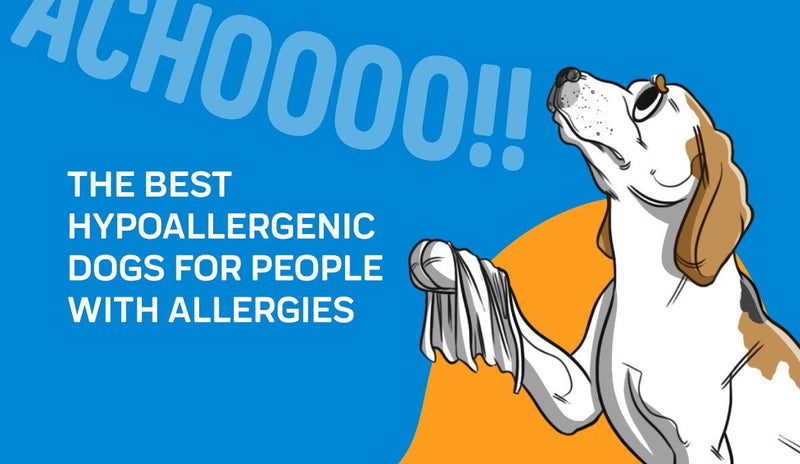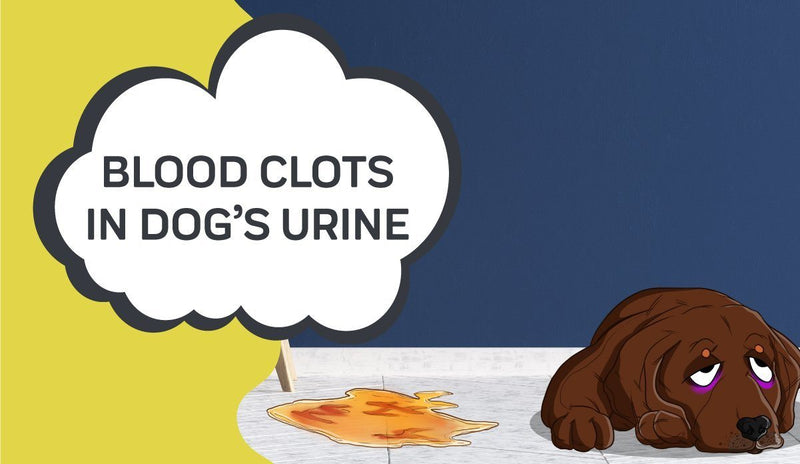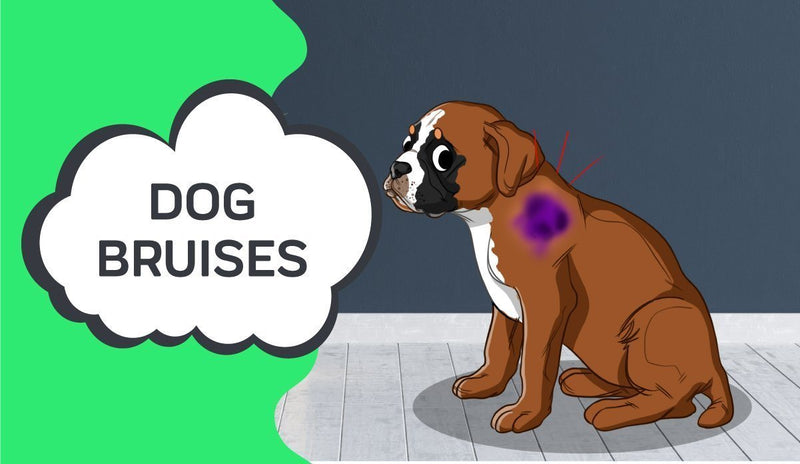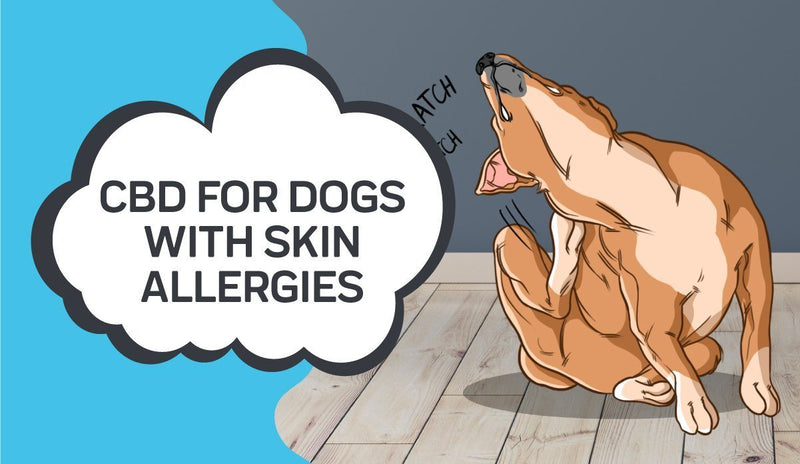Is Your Dog Vomiting White Foam?

No dog parent wants to see their dog or cat in pain. After all, pet owners see their pets as simply another family member and will do anything to keep their dog or cat as healthy as possible.
Unfortunately, occasionally caring for a pet isn’t always easy, particularly if they fall sick with an illness or are in any type of noticeable pain. Even though they might not have the ability to communicate that with you, you still can tell when your dog isn’t feeling their best.
Your dog might seem lethargic or they may be throwing up white foam. It is pretty common that canines vomit; however, chronic vomiting and dehydration symptoms might mean your doggie needs a dog white vomit treatment.
As with human beings, dogs also can suffer from vomiting or additional stomach problems when they’re ill. While it can be concerning, usually, the cause is minor. Learning to tell the difference so you can give the appropriate treatment to treat the underlying cause is key.Help! My Dog Is Throwing Up White Foam
“Why is my dog throwing up white foam or why are my puppies throwing up white foam,” you might be asking yourself. You might start asking yourself, “Is it normal? Why is my dog vomiting white foam?
If you’re wondering if your dog vomiting foam is normal or how you can possibly cure their symptoms, you’ve come to the right place.
Vomiting in Dogs: What Causes It?
Vomiting can be characterized by a forceful rejection of the contents in the stomach that has been partially digested. It could be because a dog ate something that didn't agree with them, ate too fast, or exercised too quickly after eating. The majority of the time, before a dog throws up, they’ll generally show symptoms like retching and contractions. Other symptoms include drooling and nausea.

Whether it is food poisoning or a reaction to something a dog eats, sometimes an individual will feel much better as soon as they vomit and rid their body of whatever was causing their reaction.
Your dog may vomit because you induced it. Items like STAT Syringe use hydrogen peroxide to safely induce vomiting when it's expected a dog has recently eaten something dangerous. Please remember to only use the STAT syringe under veterinarian supervision.
A few harmless vomiting causes in canines might include:
- Motion sickness
- Eating too quickly
- Working out after a large meal (regurgitation)
- Eating foreign substances (dietary indiscretion)
- Bilious vomiting symptom<
On the other hand, since throwing up is such a broad symptom, it also can be an indication of a bigger health complication.
A few potential health issues which are linked to throwing up may include:
- Kidney disease
- Digestive tract infection (Gastroenteritis)
- Ulcers
- Food allergies
- Consumption of spoiled food or human food
- Ingestion of foreign body
- Side effects of medicine
- Trauma
- Heat stroke
- Fungal, viral, or bacterial infections
- Allergies
- Viral infections
- Parasites
- Ingestingtoxins
- Bilious vomiting syndrome
What Does it Mean When Your Pet Is Vomiting White Foam?
You’ve learned the symptoms of regular vomiting, now it is time to learn why dogs vomit white foam. Although a canine may throw up white foam from any of the aforementioned causes, this type typically has a more specific reason.
A few specific serious health concerns that might cause canines to vomit white foam are:
Indigestion
White foamy vomit is a typical symptom that your pup’s body is attempting to rid itself of something that’s inside their system. All too often, this may be an indication of consuming too much grass. A dog eating grass causes vomiting white foam to occur.
Frequently dogs consume substances off of the ground thinking it is food, and that can lead to dietary indiscretion. So long as they aren’t constantly throwing up, a bit of indigestion is normal. You should still learn what is poisonous to dogs. If your dog is eating grass frequently, they may have an off stomach, be deficient in a nutrient like fiber, or just bored.
Kennel Cough
Typical kennel cough symptoms in dogs include nasal discharge, eye drainage, excessive coughing, lethargy, as well as vomiting white foam. This very contagious respiratory disease can be transmitted from dog to dog simply by touching a contaminated space. Thankfully, when the condition is diagnosed properly, a complete recovery is typically expected.
Bloat
Bloat, clinically referred to as GDV (gastric dilatation-volvulus), is a life-threatening ailment that may develop in both adult dogs and puppies. What might initially appear as a gaseous or a full stomach can quickly turn into a life-or-death fight for your pup. Knowing what bloat is, as well as understanding the symptoms, might just save your pup’s life.
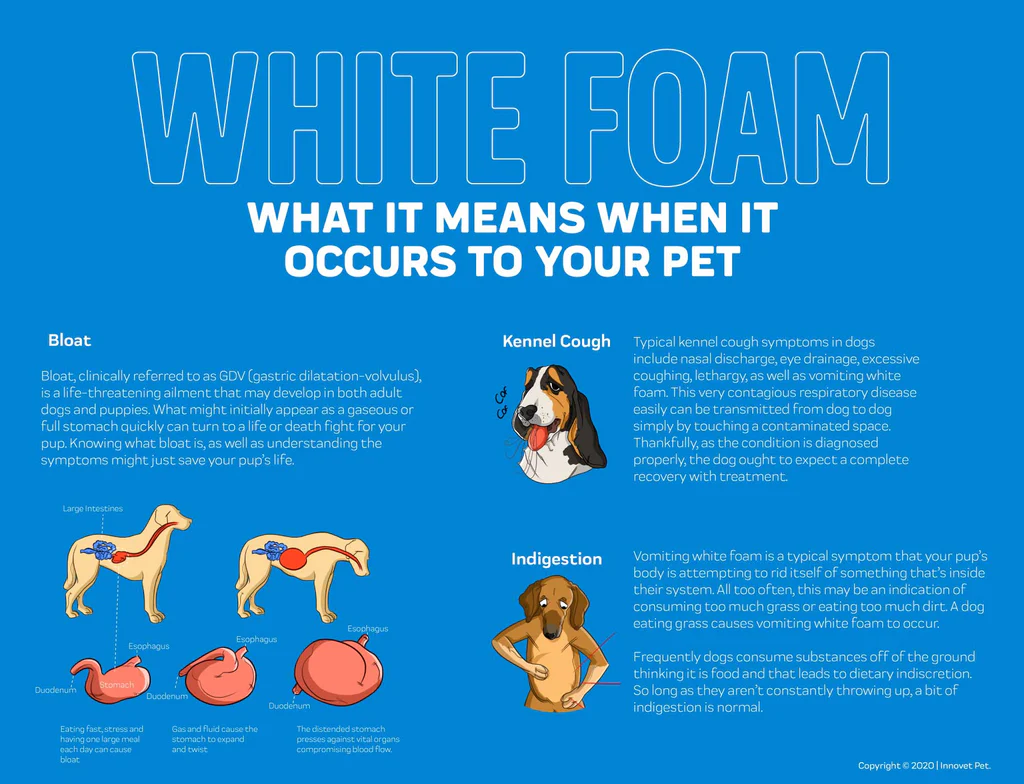
Bloat: What is it?
Bloat in dogs is a condition in which your dog’s stomach quickly expands with fluid and gas, causing it to rotate on itself, which twists off both ends of their stomach. The fluids and gas then begin fermenting inside the closed-off stomach. When pressure builds up and the stomach’s blood supply is cut off, a part or all of the stomach might die.
This sequence of events causes a cascade of additional medical issues, which may cause death in a matter of hours if neglected. Unfortunately, even with immediate treatment, up to 50 percent of dogs whose stomachs already have twisted will die.
Specific dog breeds are more likely to develop bloat within their lifetime than other breeds. If your pup is one of those breeds, keep an eye on them and be on the lookout for early indications of bloat.
Usually, those dog breeds more susceptible to bloat are large-chested and involve the following:
-
Dachshund
-
Basset Hound
-
Collie
-
Great Pyrenees
-
Labrador Retriever
-
Rhodesian Ridgeback
-
Old English Sheepdog
-
Rottweiler
-
Doberman Pinschers
-
Irish Wolfhounds
-
Bloodhounds
-
Standard Poodles
Bloat Symptoms in Puppies
Bloat is a medical emergency that rapidly develops and quickly progresses. Although this condition is most typical in older, as well as middle-aged canines, your puppy still is at risk, especially due to how fast they consume their food. Symptoms will still appear the same, meaning it's important to keep an eye on them after meals. Frequent meals broken into smaller portions can help. As well, placing a tennis ball in their food bowl can slow their eating down.
Thankfully, there are some early warning indications of bloat that you can use to assist in saving the life of your puppy:
-
They're drooling more than normal.
-
They're trying to throw up but cannot vomit.
-
They have a swollen or tight stomach.
-
They're tired, yet restless.
-
They look as if they are in pain and might grunt, whine, or groan, particularly if their tummy is pressed or touched.
As this condition progresses, the puppy might go into shock with a pale tongue and gums, fast heart rate, weak pulse, breathing difficulties, as well as collapse. If you suspect that the puppy is experiencing bloat, seek veterinary care immediately. If their stomach already has twisted, an emergency operation is going to be the only choice to treat the puppy’s condition.
Apart from throwing up white foam, other symptoms include the incapability of defecating, pale gums, coughing, bloated abdomen, and excessive drooling.
IBD (Inflammatory bowel disease)
IBD in dogs is a painful disease in which a dog's gastrointestinal tract or stomach becomes inflamed. It disrupts the process of digestion and may lead to chronic diarrhea along with a dog vomiting white foam. While emergency veterinary care is not often required due to initial signs of IBS, it is a major concern that should be addressed with veterinary medicine.
Pancreatitis
Dog pancreatitis happens as the pancreas becomes swollen, as well as inflamed. In a healthy pancreas, food is easily broken down. When the pancreas isn’t working as it should, it will have a hard time processing the food and must find another manner of ridding the body of the ingested substance. That’s the reason why many dogs that suffer from pancreatitis regurgitate their food constantly.
Other indications of this condition involve hunched back, weakness, abdominal pain, repeated vomiting, loss of appetite, as well as dehydration.
Gastric Hypomotility
Your pet might be suffering from a condition referred to as Gastrointestinal Hypomotility. It’s a syndrome where the digestive system's muscles display poor contraction. Due to this, food can’t adequately move through, which results in a slower digestion process in a dog’s digestive tract.
Reflux Gastritis
Pay attention to when your pet is vomiting. If your dog vomits white foam in the morning, it might be that your pet is suffering from reflux gastritis. This situation happens as the stomach becomes irritated by stomach acids, typically when it’s empty (therefore, why it’s so bad in the morning).
Within serious cases, the gastric stomach acid may cause esophagus damage and place the dog in substantial pain when it is feeding time. Dogs that suffer from reflux gastritis might vomit yellowish or white vomit because of stomach irritation. Acid reflux often produces similar symptoms.
Kidney Disease
If your pet has a complete loss of appetite, becomes disoriented, is physically weak, vomits white foam, or struggles to urinate, it might be suffering from kidney disease. Kidney disease will eventually lead to full kidney failure in dogs, especially when left untreated.
Parvovirus
Parvovirus is a viral condition that’s transmitted via oral contact with infected fecal waste. Even though the virus is mainly found in puppies, this condition may infect any dog and generally shows symptoms after only 7 - 10 days of becoming exposed to a contaminated source.
Additional symptoms besides throwing up white foam might include lethargy, bloody diarrhea, anorexia, or fever. Unfortunately, there isn’t any cure for the Parvovirus. As a canine is diagnosed with Parvovirus, they’ll obtain treatment to mitigate their symptoms, as well as make them as comfortable as humanly possible.
Rabies
Vomiting foam is a classic sign of rabies and is something you never want to see, as that means it's too late. Other signs include changes in behavior, excessive drooling, poor appetite, and inability to drink water. Please keep your furry friend updated on their rabies vaccinations.
Addison’s Disease
Dog Addison’s disease also is called hypoadrenocorticism. Addison's disease in dogs happens when there’s an abnormal reduction in hormones referred to as glucocorticoids and mineralocorticoids. Those hormones are generated by the adrenal glands, located close to the kidneys. Deficient generation of both hormones may cause accompanying symptoms of dehydration, weakness, depression, low blood pressure, vomiting, heart toxicity, bloody feces, and weight loss.
What Do You Do If Your Pet Is Throwing Up White Foam?
First, is there an obvious reason for you asking, why is my dog is vomiting white foam? If you’re able to answer that question, odds are your dog ate something they shouldn't have. An infectious disease can cause the same, so it's important to monitor their health closely. Severe vomiting should be addressed immediately.
When talking to your vet, make sure to note any behavior changes and other health concerns. In the majority of cases, a dog throwing up white foam is merely an indication of gastrointestinal irritation. If you see your dog now is suddenly lethargic, or experiences appetite loss or irregular bowel movements, be certain to notify the vet so they may use these details during the diagnosis.
After the vet has obtained all details and has performed a physical examination, they’ll then run a sequence of diagnostic tests that check the health of your dog. The majority of those tests include a urinalysis, complete blood count, x-rays, or even ultrasounds depending upon what they’re searching for. Depending on why your dog is vomiting white foam, your vet may prescribe everything from anti-nausea medications to a change from their normal diet.
How to Help a Dog That Has an Upset Stomach
When major health issues have been eliminated as the cause of the white foamy vomit, a simple "bland" diet consisting of a single protein such as boiled chicken, and 1-2 vegetables such as rice and pumpkin is often suggested. This diet is often used to diagnose food allergies, which can also cause dogs to vomit foam.
If your pet is experiencing diarrhea or even vomiting, odds are they’ve become fairly dehydrated throughout the whole process. While your pet is recovering, be certain they have an abundance of clean drinking water available at all times. Broth can be used instead to replenish their hydration if they can't keep solid foods down.
For more information, please feel free to get in touch with Innovet Pet Products today!
Sources:
Dog Vomit: Types, Causes, and When to Call the Vet
My Dog Is Throwing Up White Foam: Do I Need To Worry?
Cannabidiol, a non-psychotropic component of cannabis
Sources:
Dog Vomiting White Foam
My Dog Is Throwing Up White Foam: Do I Need To Worry?

Thanks for stopping by!
P.S. We Love You!
Sincerely,
The Innovet Team
Please do not ask for emergency or specific medical questions about your pets in the comments. Innovet Pet Products is unable to provide you with specific medical advice or counseling. A detailed physical exam, patient history, and an established veterinarian are required to provide specific medical advice. If you are worried that your pet requires emergency attention or if you have specific medical questions related to your pet’s current or chronic health conditions, please contact or visit your local/preferred veterinarian, an animal-specific poison control hotline, or your local emergency veterinary care center.
Please share your experiences and stories, your opinions and feedback about this blog, or what you've learned that you'd like to share with others.











